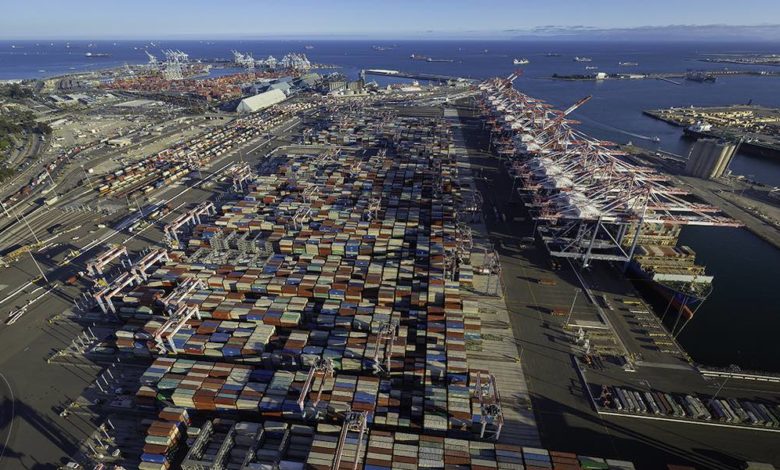Long Beach City Council passes Ship It Zero resolution

The Long Beach City Council last week unanimously passed a Ship It Zero resolution that calls on top maritime importers to commit to making all port calls to the San Pedro Port Complex, which includes the Port of Long Beach, on 100% zero-emissions ships by 2030.
This resolution unites the nation’s largest ports, Los Angeles and Long Beach, in making the commitment of zero-emissions ocean shipping by 2030. (A similar resolution was unanimously passed by the Los Angeles Council in November 2021.) It also calls on the Port of Long Beach to establish more green international ocean shipping corridors, building off the recently announced Shanghai to Los Angeles and Long Beach corridor.
The resolution also requires support for legislation or administrative action to rapidly decarbonise the maritime shipping industry and to create zero-emission shipping corridors along the California coast, the West Coast of the United States, and across the trans-Pacific trade route.
As home to the largest port in the nation, Los Angeles County receives 40% of all containerised cargo imports to the United States coming through the Ports of Los Angeles and Long Beach, making the surrounding communities – which are primarily working-class Black and Brown communities – particularly vulnerable to deadly pollutants. Los Angeles and Long Beach port-adjacent communities experience up to eight years lower life expectancy than the Los Angeles County average and the highest risk of cancer regionally. Black Long Beach residents are hospitalised with asthma at eight times the rate, and Latinx residents twice the rate, of white Long Beach residents.
“Not only does Southern California face a climate crisis, but we have also long endured a public health crisis from breathing in the dirtiest air in the nation,” said Chris Chavez, Deputy Policy Director at Coalition for Clean Air. “Cargo ships pump out tons of pollution into the air, contributing to our smoggy skies and higher risk for cancer and other catastrophic illnesses. The recent ship backlog at the ports have undone years of air quality improvements and will impact Long Beach’s most vulnerable residents the hardest.”
